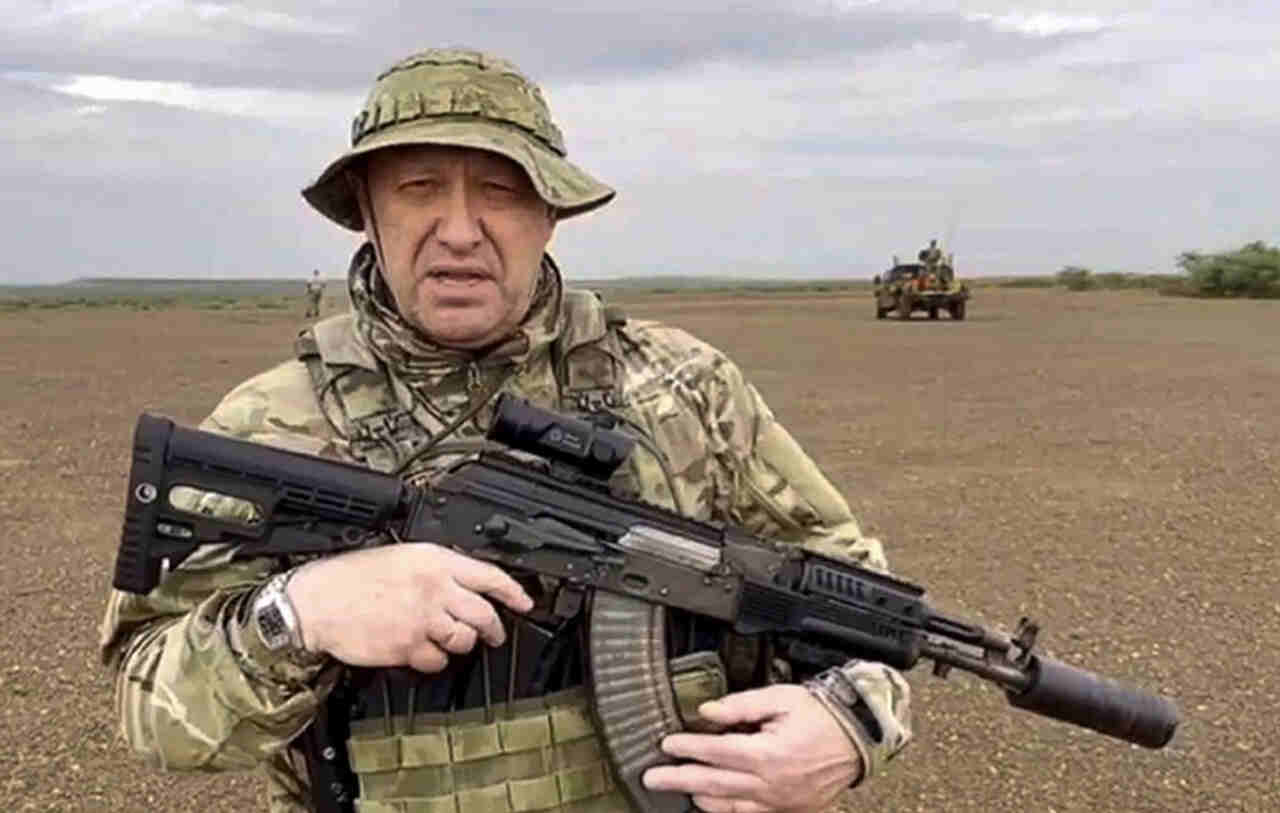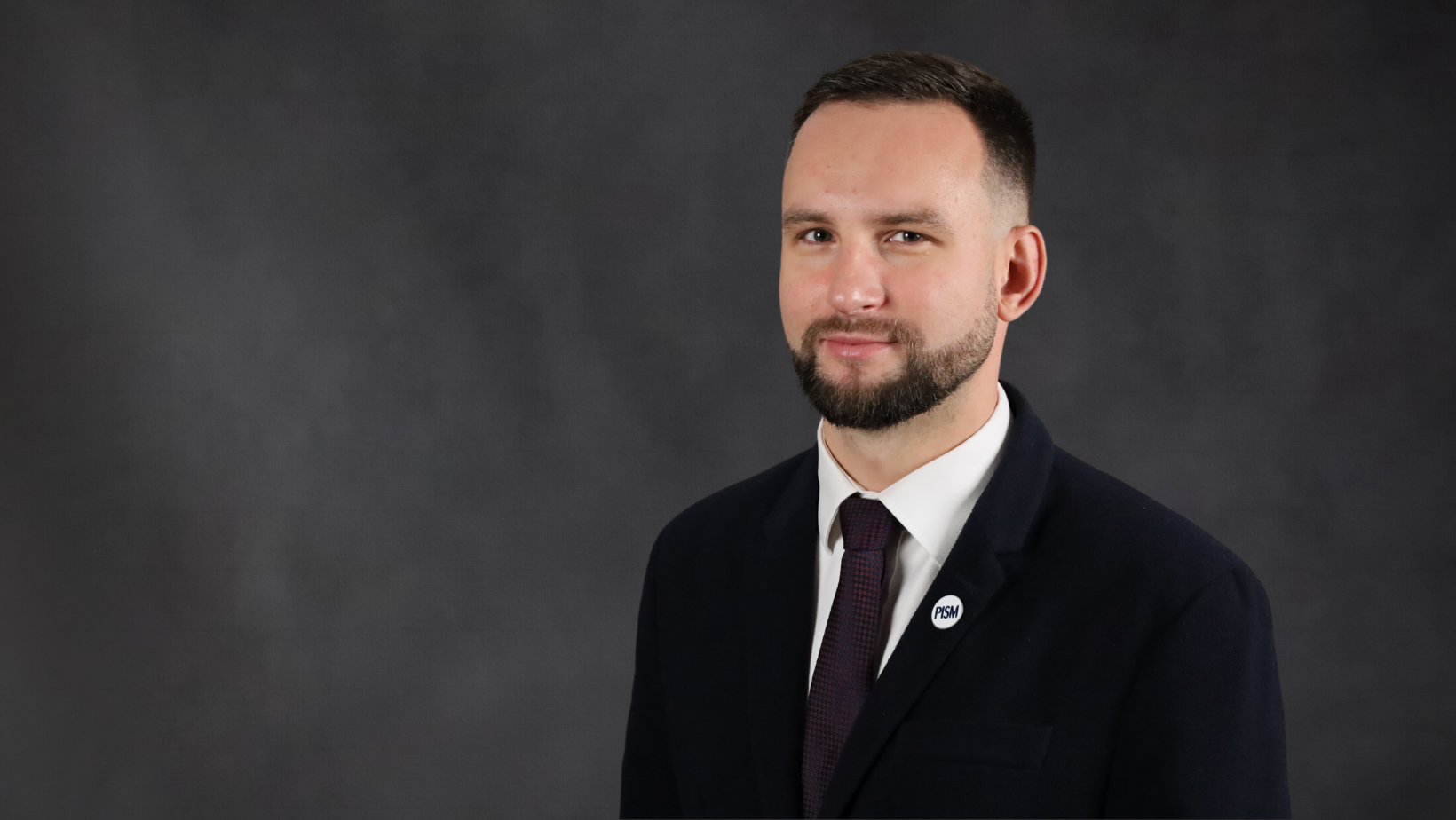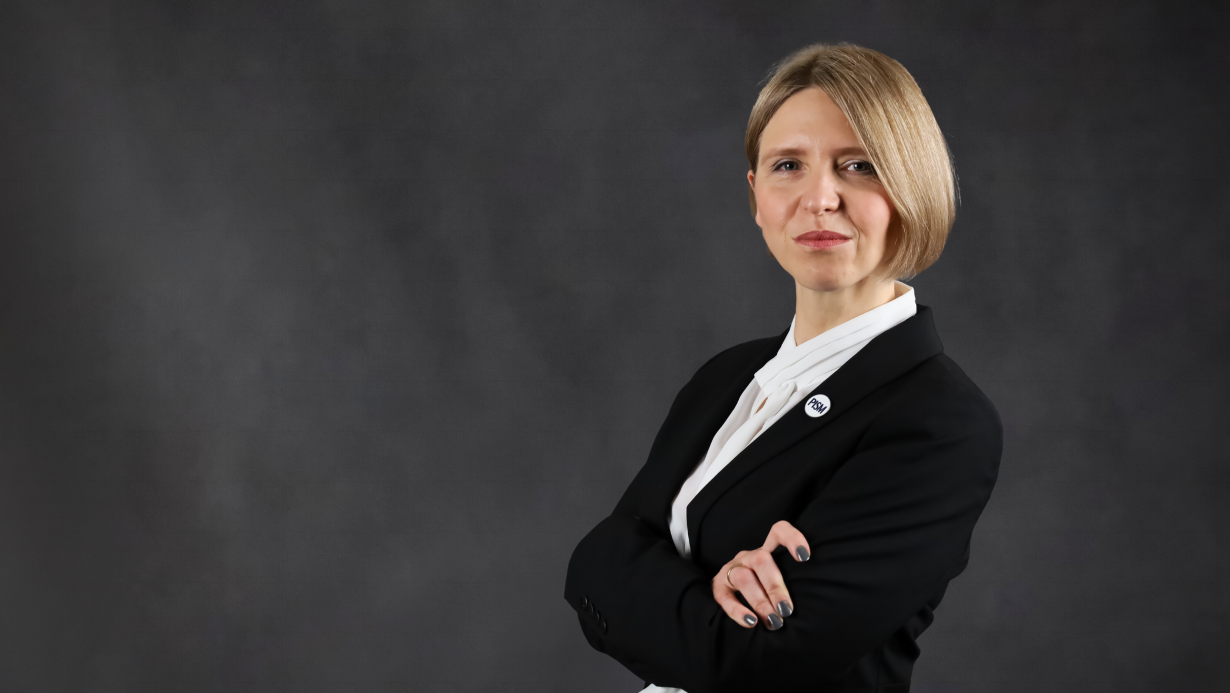What will be the Consequences of Prigozhin's Death?
On 23 August, in Tver Oblast in Russia, Yevgeny Prigozhin and Dmitry Utkin were likely killed when their airplane crashed. The ends of the leaders of the Wagner Group should be linked to the unsuccessful rebellion carried out by Prigozhin two months ago. As a result of the attack, Vladimir Putin will temporarily strengthen his position, and Prigozhin’s assets will be transferred to the president’s trusted individuals.
 CST/Zuma Press/Forum
CST/Zuma Press/Forum
Did Prigozhin die?
According to the Russian Federal Air Transport Agency, there were seven people from the Wagner Group’s leadership on board a private Embraer Legacy 600 jet with registration number RA-02795 flying from Moscow to Saint Petersburg. This included the head of the mercenaries, Yevgeny Prigozhin, and the main military commander, Dmitry Utkin, alias “Wagner”. As a result of the crash, all passengers and the three-person flight crew were killed. These pieces of information have been confirmed by channels on Telegram associated with Wagner supporters, claiming that it was an attack carried out by “traitors of Russia”. In one of the recordings of the incident, smoke trails in the sky suggest that the plane might have been shot down. The probability that Prigozhin is dead increased with additional information from Russian sources stating that his body had been identified.
Why was Prigozhin eliminated?
The deaths of both Prigozhin and Utkin was in the interests of Russian military representatives and Putin himself. The abandoned coup weakened the position of the Russian president and tarnished his image as a leader capable of managing disputes within the elite. If indeed his plane was targeted, the elimination of the coup plotters could be connected to the desire to stabilise the Putinist system through fear and to achieve a kind of personal revenge from Putin’s side. Others seeking to remove Prigozhin from power included the Minister of Defence Gen. Sergei Shoigu, and the Chief of the General Staff Gen. Valery Gerasimov, both of whom Prigozhin sharply criticised for the lack of progress on the Ukrainian front. The former was also in competition (through the private military company “Patriot”, established in 2018) with the Wagner Group for mercenaries who fight in Ukraine and conduct operations in Africa. The plane might have been targeted on Putin’s orders, or on the initiative of military commanders who knew they would face no consequences.
How might Prigozhin’s Death impact the Putinist system in Russia?
The elimination of Prigozhin will allow Putin to send a clear warning that undermining the regime’s stability is not worthwhile. The dramatic death of a political rival like Prigozhin, who was seen as such by a part of the nationalistic Russian society, will temporarily favour Putin. Strengthening Putin’s authority is important in light of the lack of progress on the Ukrainian front, the decline in the rouble’s value, and the upcoming presidential elections in 2024. In the long term, for the Russian elite in power, the “Prigozhin rebellion”, regardless of its outcome, exposed the weakness of the Putinist system and its lack of guarantee of their safety and income. Prigozhin’s death also serves as a signal to potential future rebels not to compromise with Putin and to better prepare for his overthrow.
What is the future of the Wagner Group?
Confirmation of the death of the head of the mercenaries and their commander will likely lead to profound changes in the leadership of the Wagner Group or the complete dissolution of this armed formation. Among potential successors are individuals responsible for military and business operations of the Wagner Group in Africa (e.g., Vitaly Pierfilev or Dmitry Syty). Another potential candidate could be arms dealer Viktor Bout, who is associated with military intelligence (GRU) and has extensive experience in conducting military-business activities in Africa. Andrey Troshev, alias “Sedoy”, who served as Utkin’s deputy and head of the Wagner Group’s staff, might also take over Prigozhin’s legacy. He acted as a link between the mercenaries, the Kremlin, and the Russian army. He also managed the “Liga” association of veterans, which was one of the channels for recruiting mercenaries. Troshev did not support the “Prigozhin rebellion” and, along with a group of 10 Wagner Group commanders, reportedly signed a contract with the Ministry of Defence and the military company “Redut” (Redoubt), co-financed by Gennady Timchenko and Oleg Deripaska. It is possible that the Wagner Group will be entirely dissolved and its assets taken over by companies controlled by the Ministry of Defence (e.g., “Redut”, “Patriot”, “Konvoy”). However, this scenario does not diminish the potential threats to Poland posed by the presence of 3,500-5,000 Russian mercenaries in Belarus.





.jpg)
.jpg)